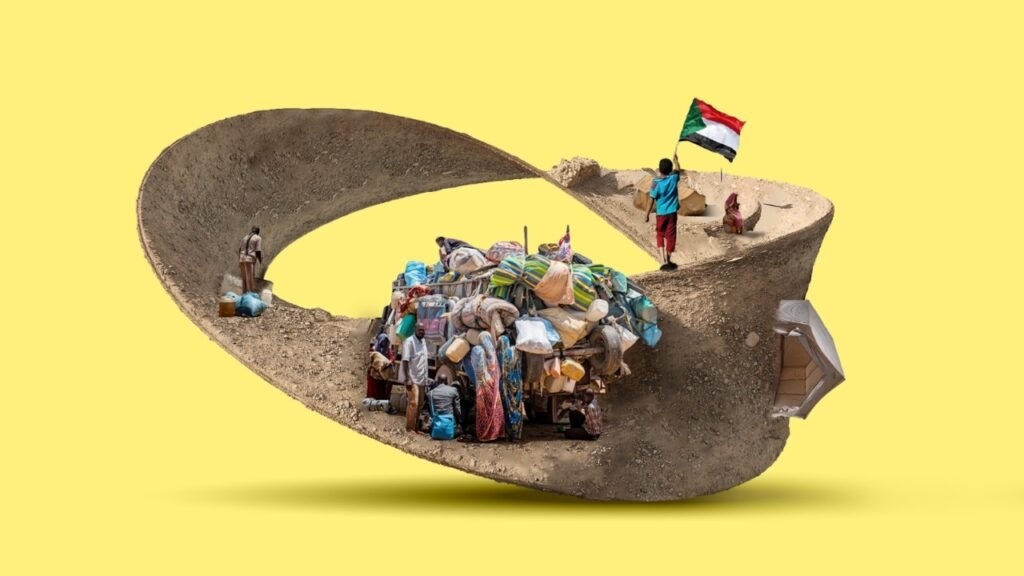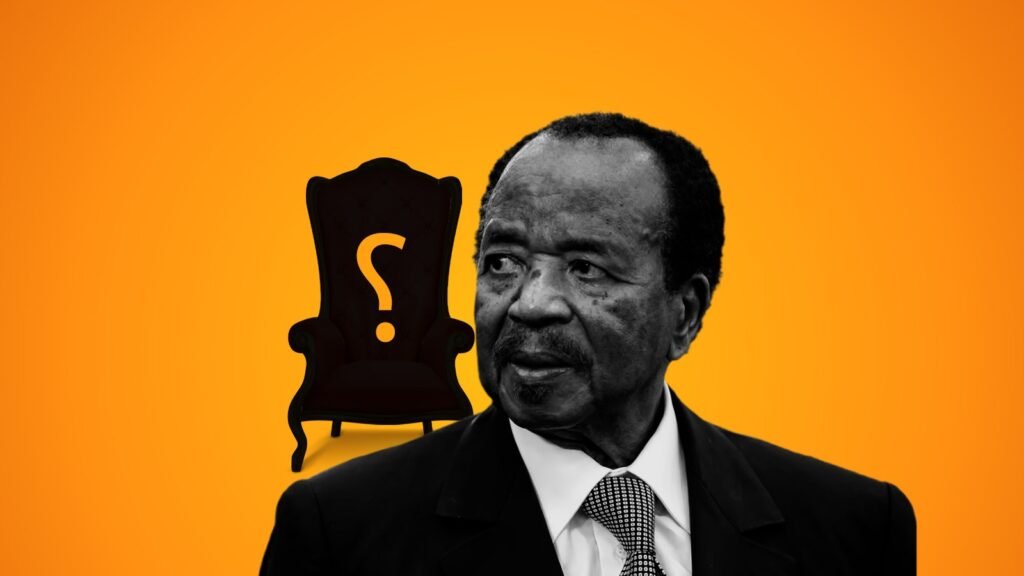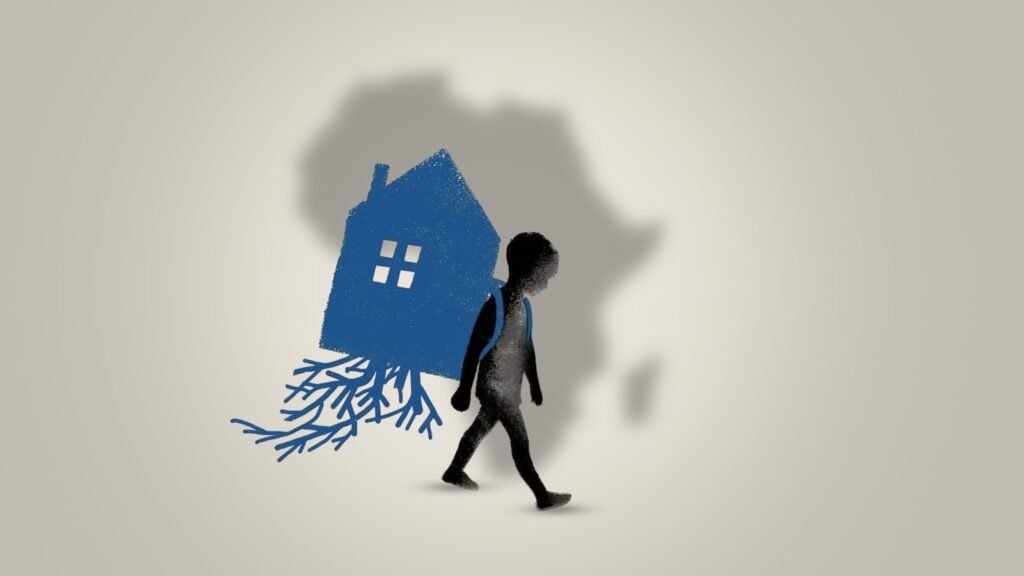Sierra Leone’s parliament is currently at the center of a heated debate over decriminalizing abortion, a move that could drastically reshape the country’s maternal health landscape. The proposed legislation aims to overturn colonial-era restrictions, allowing women greater access to safe abortion services—a critical change in a nation where unsafe procedures contribute to alarming maternal mortality rates.
At the heart of the discussion are women like Fatou Esther Jusu, who at 16 endured a harrowing self-induced abortion. Her experience is not unique. Thousands of women and girls across Sierra Leone face the same desperate choices due to the lack of legal and safe alternatives. Unsafe abortions are estimated to be responsible for around 10% of maternal deaths in the country, a grim statistic that underscores the urgency of the debate.
The bill, if passed, would legalize abortion up to 14 weeks of pregnancy. However, strong opposition from religious groups has led to amendments that restrict abortion access to specific cases—such as when the woman’s life is at risk or in instances of rape. While the compromise attempts to appease conservative voices, it remains a far cry from the unrestricted access reproductive rights activists are pushing for.
Beyond abortion itself, the bill also aims to improve access to broader reproductive healthcare services. Contraception, education, and maternal care resources remain limited in Sierra Leone, where teenage pregnancy rates are among the highest in the world. Supporters of the bill argue that comprehensive reproductive healthcare is essential to reducing unsafe abortions in the first place.
Adding another layer of complexity to the debate is the role of foreign influence. Both supporters and opponents of the bill claim that outside forces—whether international human rights organizations or conservative religious groups—are shaping the discourse. The question of whether Sierra Leone is being nudged into change or pressured into submission has become part of the wider national conversation.
Healthcare professionals have weighed in, arguing that criminalizing abortion does nothing but drive the practice underground, putting women at greater risk. They stress that legalizing and regulating abortion would not only save lives but also alleviate strain on an already overwhelmed healthcare system dealing with the fallout of unsafe terminations.
As lawmakers deliberate, the stakes couldn’t be higher. The decision will not only determine the fate of the bill but also set the tone for the future of women’s rights in Sierra Leone. Will the country take a bold step toward empowering women with reproductive choices, or will conservative resistance keep abortion access tightly restricted?
One thing is certain: whatever decision parliament makes will have lasting consequences for Sierra Leone’s women, public health, and the broader fight for reproductive autonomy.




